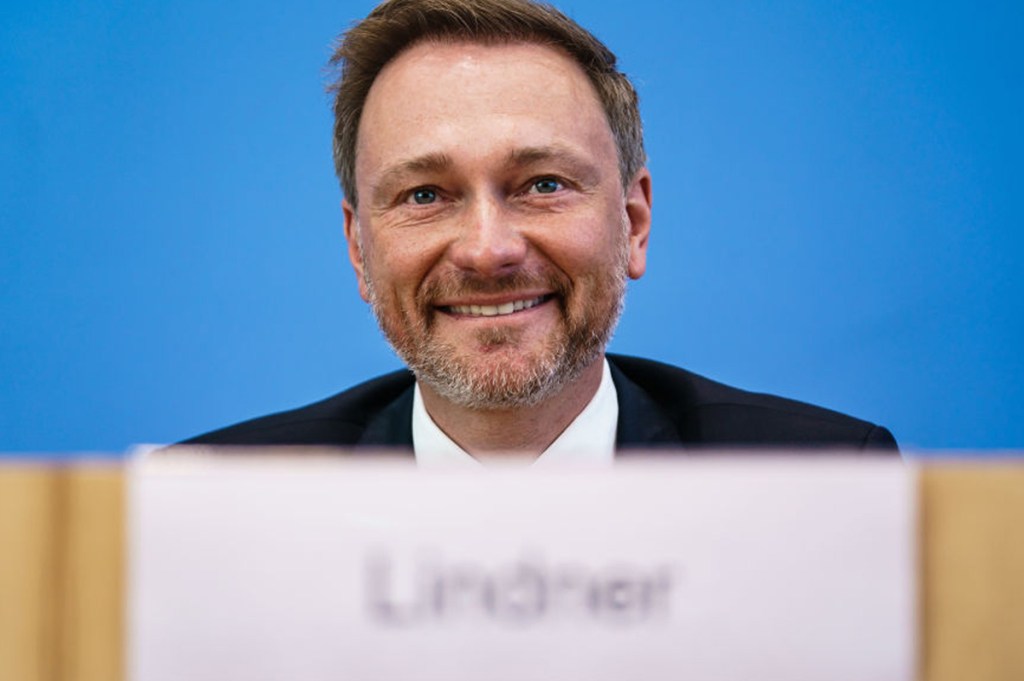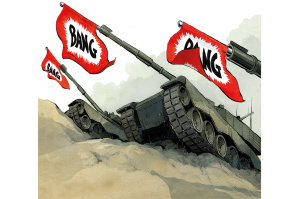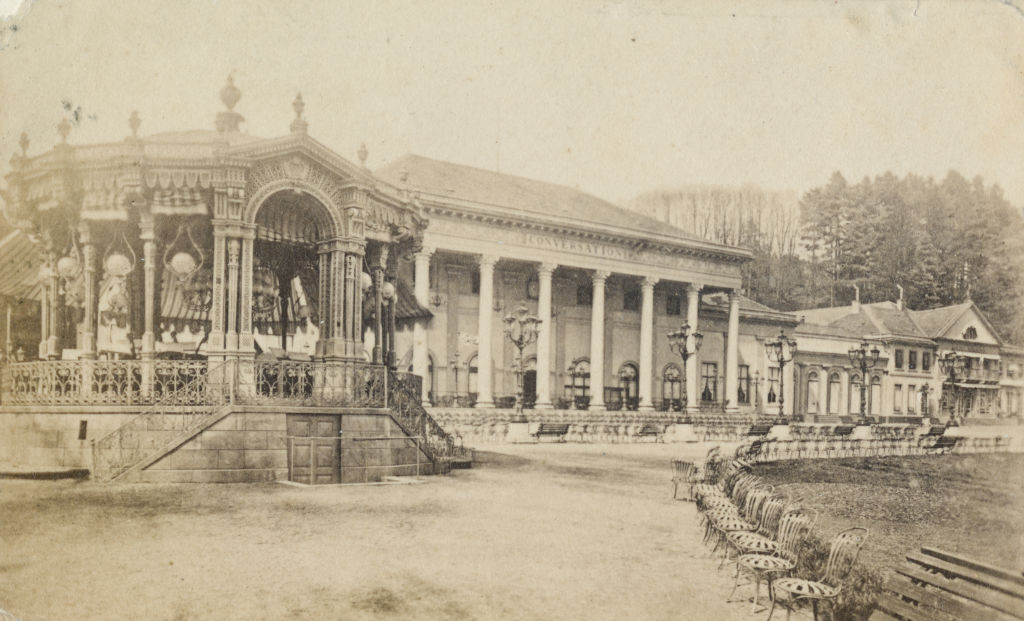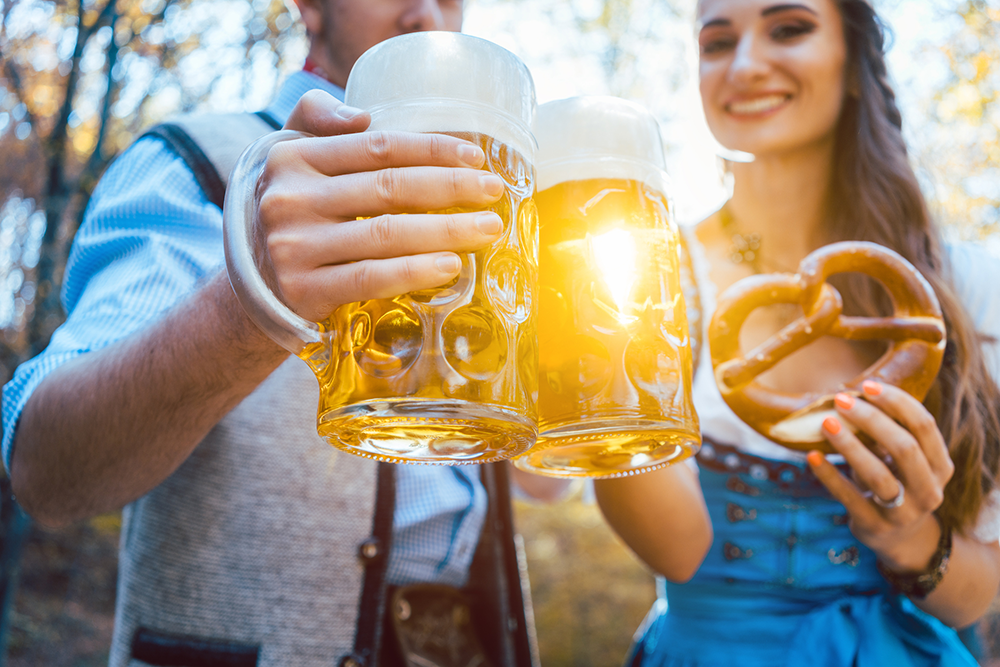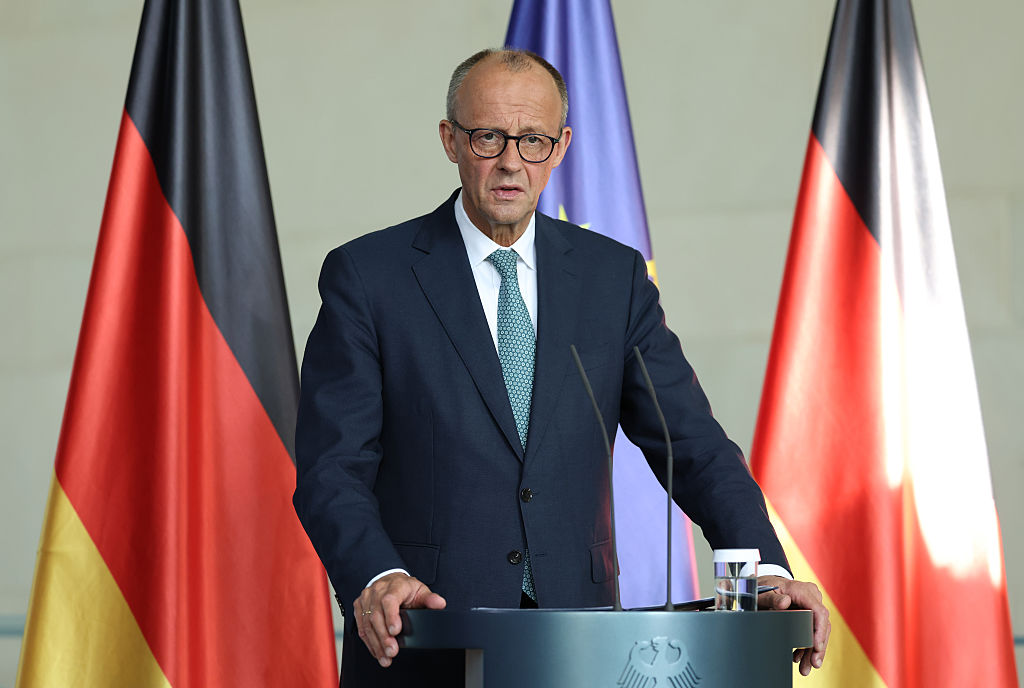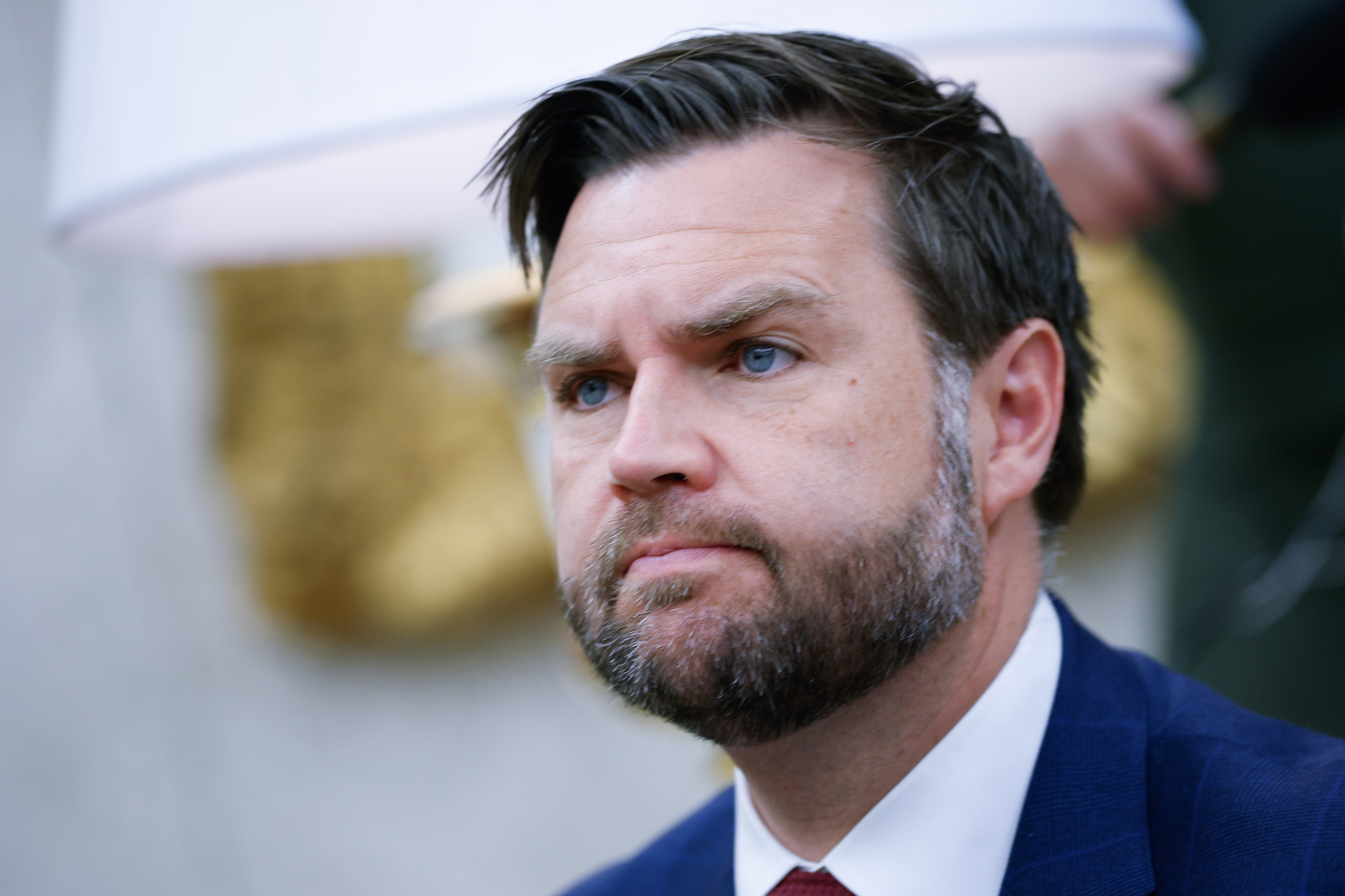One of the most remarkable stories to come out of Germany in the last year has been the rise of the Free Democratic party (FDP). Having struggled for relevance in 2020, the party has transformed itself into a political force that could decide the makeup of the next government and maybe even anoint Angela Merkel’s successor as chancellor.
The FDP’s success follows an almost eight-year long self-reinvention in which the party has sometimes resembled a cult of personality centered around its charismatic chairman, Christian Lindner. It was Lindner who began the party’s revival after a shattering 2013 defeat led to the loss of all its seats in the Bundestag, Germany’s highest parliament, and a phase of intense soul-searching and rebranding. The resurgence began later that year, when Lindner — the good-looking, 34-year-old leader of the regional FDP branch in North-Rhine Westphalia — became party chairman.
Lindner rebuilt the FDP in his own image, infusing it with a new sense of youthful, optimistic confidence and merging his own persona with the public profile of his party. Ever since, FDP election spots have become fast-paced montages of the chairman’s restless energy, varied interests, and political activism: Lindner Zooming in the back of his car, Lindner conferring with scientists, Lindner chatting to construction workers, Lindner planting a tree, Lindner engaging in night-time contemplation.
However, the success of Germany’s Liberals isn’t just down to its chairman’s boyish charm. It is also a result of sound programmatic positioning during the pandemic. In responding to COVID-19 and the Merkel government’s lockdown policies, the FDP has found an original voice that acknowledges the dangers of the virus to humans, while also showing genuine concerns for the suspension of certain civil liberties protected by the German Basic Law.
Back in April, the party filed an unsuccessful complaint with Germany’s Supreme Court against the government’s modification of the country’s infection laws. This legislation controversially allowed for the prospect of night-time curfews if weekly incidence rates surpassed 100 cases per 100,000. More recently, the party has also spoken against attempts to increase the pressure on unvaccinated citizens as attacks on the personal autonomy of the individual.
The AfD, once the home of disgruntled CDU voters and functionaries, has suffered a seemingly unstoppable takeover by the far right and — by its positioning during the pandemic — has effectively said farewell to anything even resembling conservative respectability. By contrast, the FDP has earned support after a succession of lockdowns crippled German businesses, especially restaurants and hotels.
As a result, the FDP have seen their support rise among German voters. Currently, the party is polling around 12 percent nationwide compared to 6 percent last year, and is showing potential for even more gains in the coming weeks. This is allowing party members to dream of a return to government.
Could the FDP’s dreams come true? Several scenarios, in which the Liberals end up holding the keys to the Chancellery for either the SPD or the CDU, are feasible: either of those parties could emerge victorious from a tighter-than-expected race; or the Greens could be counted out, having sunk to third place in the polls amid a string of embarrassing PR failures involving its chairwoman Annalena Baerbock.
In the first scenario, the FDP could seek to forge an alliance with the CDU and the Greens: a link-up known as ‘Jamaica’ after the respective party colors of black, yellow and green. The same trio currently governs Schleswig-Holstein in the North, where it has mainly profited the Greens.
Back in 2017, ‘Jamaica’ was discussed, but negotiations between Merkel and Lindner broke down. This year, however, things are different: CDU leader Armin Laschet and Lindner are said to have a long-standing rapport and agree on key policy proposals like the creation of a National Security Council, the digitalization of German bureaucracy and a relaxation of COVID regulations. ‘Jamaica’, then, is widely considered the likeliest election outcome.
But what if the CDU fail to come first in the elections? Then the FDP could join a so-called ‘traffic light coalition’ with the SPD and the Greens. Although Lindner has said that he lacks the imagination to envision such an alliance, it is unlikely that he would recuse himself should the CDU fall behind the SPD on election night. If that were to happen, the FDP would likely present itself as the final defense against a hard-left agenda pushed through by SPD, the Greens and the socialist party Die Linke.
Whatever coalition eventually emerges from the Bundestag elections on 26 September, ministerial responsibility in key areas such as digitalization, public finance or economic development may help to bolster the FDP’s credentials in the eyes of voters.
But it would be a mistake for the party to use any return to power as just another way to enhance its chairman’s public profile. Instead, the FDP should seek to fulfill key campaign pledges, not least the reduction of bureaucratic structures and paperwork especially in social services and healthcare, the digitalization of Germany’s public services and a long-term state-aided investment of 2 percent of citizens’ pensions in the capital markets which could bolster private retirement funds.
If that happened, the FDP could transform itself from Lindner fan club into a political organization genuinely carried by its ideas — a welcome relief in an era in which government has become all too personalized.
This article was originally published on The Spectator’s UK website.



